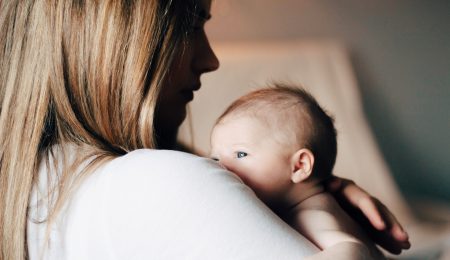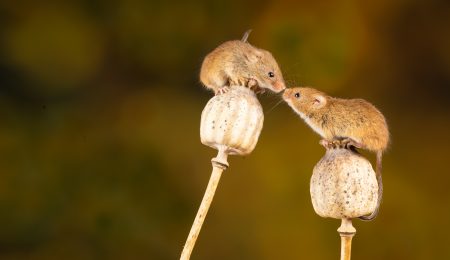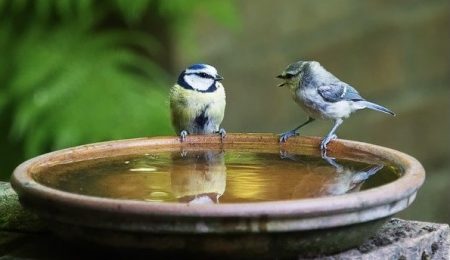Q: How can I best support my daughter through her parents’ splitting-up and through all the changing outer circumstances, like moving house?
John: By enjoying her.
Q: “Enjoying” … do you mean loving?
John: “Loving” can become complicated.
Q: What do you mean by that?
John: If you enjoy her, you will love her. If you “love” her you might be putting something on to her.
Q: A bit too much?
John: Love is not too much. A personalized love can be too much.
Q: Is it necessarily damaging for a child to experience their parents’ splitting-up?
John: If a child needs it to be damaging: yes.
Q: So it depends on how the child experiences it?
John: If you are just directly enjoying her, that inclines her to open. When she opens she’ll feel the hurt of what’s taking place and it won’t damage her.
Q: Like everything else, it’s about opening more and more?
John: Life hurts. Love hurts. Hurt is fine. Closing when there’s hurt, hardens.
Q: Trying to prevent someone else from hurting is also closing?
John: Yes. When you protect someone from hurt, the actual communication in that is that you’re telling them how bad it is, whereas when they’re hurting and you’re enjoying the other person, you’re telling them deep within how really all right everything is. So they realize a deeper level within than they’re experiencing in themselves within the hurt. It brings about a deeper perspective, so the next time there’s a difficulty in life that also really hurts, they remember what they went into the time before.
Q: And they get acquainted with it and start to trust it?
John: Yes. Within that there’s the realization that life isn’t about not hurting. Life is about the goodness of opening, the goodness of opening within, even while it hurts.
Q: Yes, I know that goodness, yet I notice that since having her I’ve tried to give her a life that would never hurt and that takes away the experience needed for a person to go deeper.
John: If you protect someone from hurt, you’re protecting them from what’s deeper. It isn’t the hurt that’s deeper, but when you focus on the hurt, you’re distracting the awareness within that person from what is deeper. You take them away from what is deeper by focusing them on the hurt, by trying to protect them from hurting.
Q: It seems so normal for a mother to want their child not to hurt. I hadn’t seen that we take something from them when we do that.
John: Don’t be her mother. Just see her, and enjoy her.






